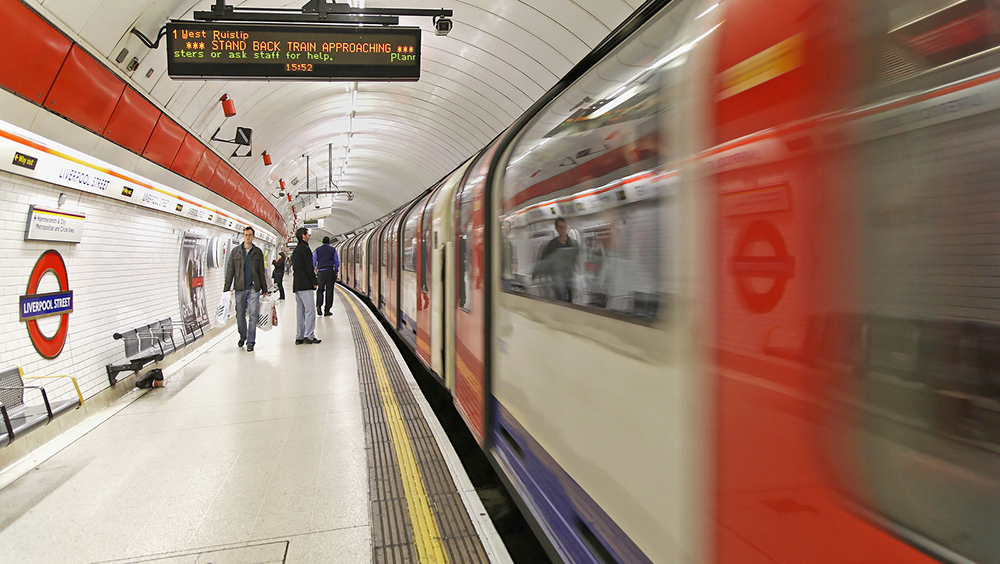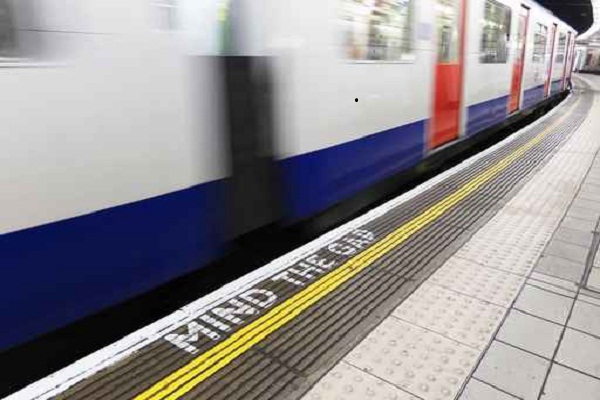London Underground gets Wi-Fi for 2012
TfL invites bidders to set up Wi-Fi in 120 tube stations by the time the Olympic Games come to town.


The London Underground is set to get Wi-Fi connections in 120 of its stations, according to an announcement today.
Transport for London (TfL) has called on telecoms firms to make tenders for the contract to put the Wi-Fi network in place, which will need to be completed by June 2012 just in time for the Olympics.
"A contract will be awarded to the chosen bidder by the end of 2011, which could mean that customers will be able to log on to the internet from their laptops or mobile devices at stations before the 2012 Olympic and Paralympic Games," read a statement from TfL.
The transport authority had already been running a trial at Charing Cross station with BT Openzone since November 2010. It considered it a success as it was "met with enthusiasm by passengers," so the decision was taken to roll the scheme out.
Unfortunately, despite getting Wi-Fi within the stations, TfL revealed the connections would not work on the tube trains.
The first stage of the roll-out will be to open up the current Wi-Fi used by London Underground staff at 16 stations to the public.
Mayor of London Boris Johnson praised the scheme, saying: "The roll out of Wi-Fi technology across the platforms and public areas of our Tube stations will finally allow Londoners to use mobile devices to pick up their emails, access social media sites and stay in touch with the world above while they traverse our subterranean transport network."
Sign up today and you will receive a free copy of our Future Focus 2025 report - the leading guidance on AI, cybersecurity and other IT challenges as per 700+ senior executives
In February, TfL was rumoured to be in talks with Huawei to provide a mobile network on the London Underground.
However, 76 per cent of Londoners surveyed were against the idea, saying it would increase the likelihood of muggings and the cost of their bills.
Jennifer Scott is a former freelance journalist and currently political reporter for Sky News. She has a varied writing history, having started her career at Dennis Publishing, working in various roles across its business technology titles, including ITPro. Jennifer has specialised in a number of areas over the years and has produced a wealth of content for ITPro, focusing largely on data storage, networking, cloud computing, and telecommunications.
Most recently Jennifer has turned her skills to the political sphere and broadcast journalism, where she has worked for the BBC as a political reporter, before moving to Sky News.
-
 Trump's AI executive order could leave US in a 'regulatory vacuum'
Trump's AI executive order could leave US in a 'regulatory vacuum'News Citing a "patchwork of 50 different regulatory regimes" and "ideological bias", President Trump wants rules to be set at a federal level
-
 TPUs: Google's home advantage
TPUs: Google's home advantageITPro Podcast How does TPU v7 stack up against Nvidia's latest chips – and can Google scale AI using only its own supply?
-
 TfL will track tube passengers to improve its service
TfL will track tube passengers to improve its serviceNews Company will harvest anonymous data from passengers using the free Underground WiFi
-
 TfL to track Wi-Fi connections of London Underground passengers
TfL to track Wi-Fi connections of London Underground passengersNews TfL could increase revenues by showing advertisers where biggest footfall is within stations
-
 Tube customers to be charged for Wi-Fi access from January
Tube customers to be charged for Wi-Fi access from JanuaryNews Meanwhile, Vodafone, EE and Virgin Media customers will still be able to enjoy free internet access on the London Tube network.
-
 London Underground ditches mobile plans
London Underground ditches mobile plansNews Mobile coverage won't be coming to the Underground - at least not in time for the Olympics.
-
 Boris brings mobile to tube for 2012?
Boris brings mobile to tube for 2012?News The Mayor of London is reportedly in talks with mobile operators to bring mobile coverage to the London Underground.
